Is your ecommerce app ready to embrace omnichannel commerce strategy?In the current fast-paced and digitally-driven age, customers look for engaging and seamless shopping experience across all channels.
No matter how many customer touch points your ecommerce brand offers. If it fails to provide a convenient and smooth buying journey your ecommerce business might struggle to increase sales despite having a dedicated ecommerce platform.
Today, offering consistent customer experience has become a drastic need to scale up with growing competition and consumer demand in the ecommerce industry. Just having an ecommerce website or mobile app isn’t enough.
Your ecommerce app must adapt to the latest emerging trends to engage customers effectively to enhance sales growth and omnichannel ecommerce is emerging as a new strategy for ecommerce businesses that seek to leverage modern technologies to improve business growth
Omnichannel commerce empowers ecommerce platforms to stay consistent with increasing consumer demand and drive better sales.If you are looking for an ecommerce app development company to build an ecommerce app or want to boost sales growth through ecommerce app, then you must adopt omnichannel commerce strategy.
Why?
In this blog, we will explain how omnichannel commerce strategy can help your ecommerce apps boost sales.
Table of Contents
What is Omnichannel Commerce?
Omnichannel commerce is a holistic approach to retail and ecommerce marketing. It aims to provide customers with a seamless and integrated shopping experience across multiple channels, both online and offline. Unlike traditional multichannel approaches, where each channel operates independently, omnichannel e commerce unifies all channels to create a consistent and cohesive shopping experience for the customer.
In omnichannel commerce platform & apps, customers have the flexibility to interact with a brand or retailer through various touchpoints. For instance physical stores, websites, mobile apps, social media platforms, marketplaces, and more.
Key Elements of Omnichannel Commerce:
Integration: All channels are interconnected and share data to provide a seamless shopping experience. This integration enables features like buy online, pick up in-store (BOPIS), reserve online, try in-store (ROTS), and ship from store.
Consistency: Customers receive consistent information, branding, and service across all channels. For example, product descriptions, pricing, and promotions are uniform whether the customer is browsing online or in-store.
Personalization: Omnichannel ecommerce leverages customer data to deliver personalized recommendations, offers, and experiences tailored to individual preferences and behavior. This personalization enhances customer engagement and loyalty.
Convenience: Omnichannel marketing strategy prioritizes convenience by allowing customers to switch between channels seamlessly. It lets them choose the most convenient fulfillment options, such as home delivery, in-store pickup, or same-day shipping.
Unified Customer Experience: The goal of ecommerce omnichannel is to create a unified customer experience where every interaction, whether online or offline, contributes to a positive and cohesive brand impression.
Why Do eCommerce Businesses Need Omnichannel Marketing Strategy?
The current ecommerce industry is experiencing dramatic changes due to continuous adoption of digital transformation. Customers today demand a hassle-free and consistent shopping experience across the entire journey. They want to engage at any time and from anywhere.
A customer may see a product and explore it online at your e-commerce app. And then feel comfortable to try at a nearby offline store. If your brand doesn’t provide consistent hassle-free product search and buying experience at all selling points, chances are you might lose to convert that potential customer.
Traditional ecommerce is primarily limited to online stores and focuses on utilizing online channels like SEO, email marketing, social media ads, mobile apps, etc. This traditional approach restricts eCommerce businesses from leveraging all channels together simultaneously.
Current Market Data for Omnichannel Commerce
Today, customers seek for omnichannel shopping experience. They seek to interact with e-commerce brands that offer omnichannel shopping capabilities on mobile apps or other ecommercel platforms. Here are the latest market statistics that tell the story:
- 73% of customers used multiple channels for making a purchase.
- Customers who used 4 or more channels spent 9% more in-store as compared to just a single channel
- 60% of millennials want a consistent shopping experience from brands, whether they interact online, in-store, or via mobile apps.
(Data Source: Harvard Business Review)
And this is where the need to embrace e-commerce omnichannel strategy arises. It enables ecommerce businesses to utilize all the customer interaction channels altogether to deliver a consistent and seamless customer journey & experience.
Therefore, in recent years, the adoption of omnichannel commerce in ecommerce app development and other platforms has increased significantly. Current ecommerce companies work with ecommerce mobile app development company and UI UX design agency to build omnichannel commerce platform & apps. Take a look at recent industry reports that indicate the growing adoption of omnichannel ecommerce solutions
- The global retail omnichannel ecommerce platform market is to reach $27.7 Billion by 2030 at a CAGR of 16.6% for 2022-2030. Source
- 77% of ecommerce retailers agree that mobile apps help them drive traffic to their offline stores or websites. Source
- 93% of retailers observed that their company’s app is being used by customers in-store for minimum of one kind of task during shopping. Source
- 75% of retailers with mobile apps feel that their customers who use ecommerce apps are more satisfied with shopping experience as compared to non-app customers. Source
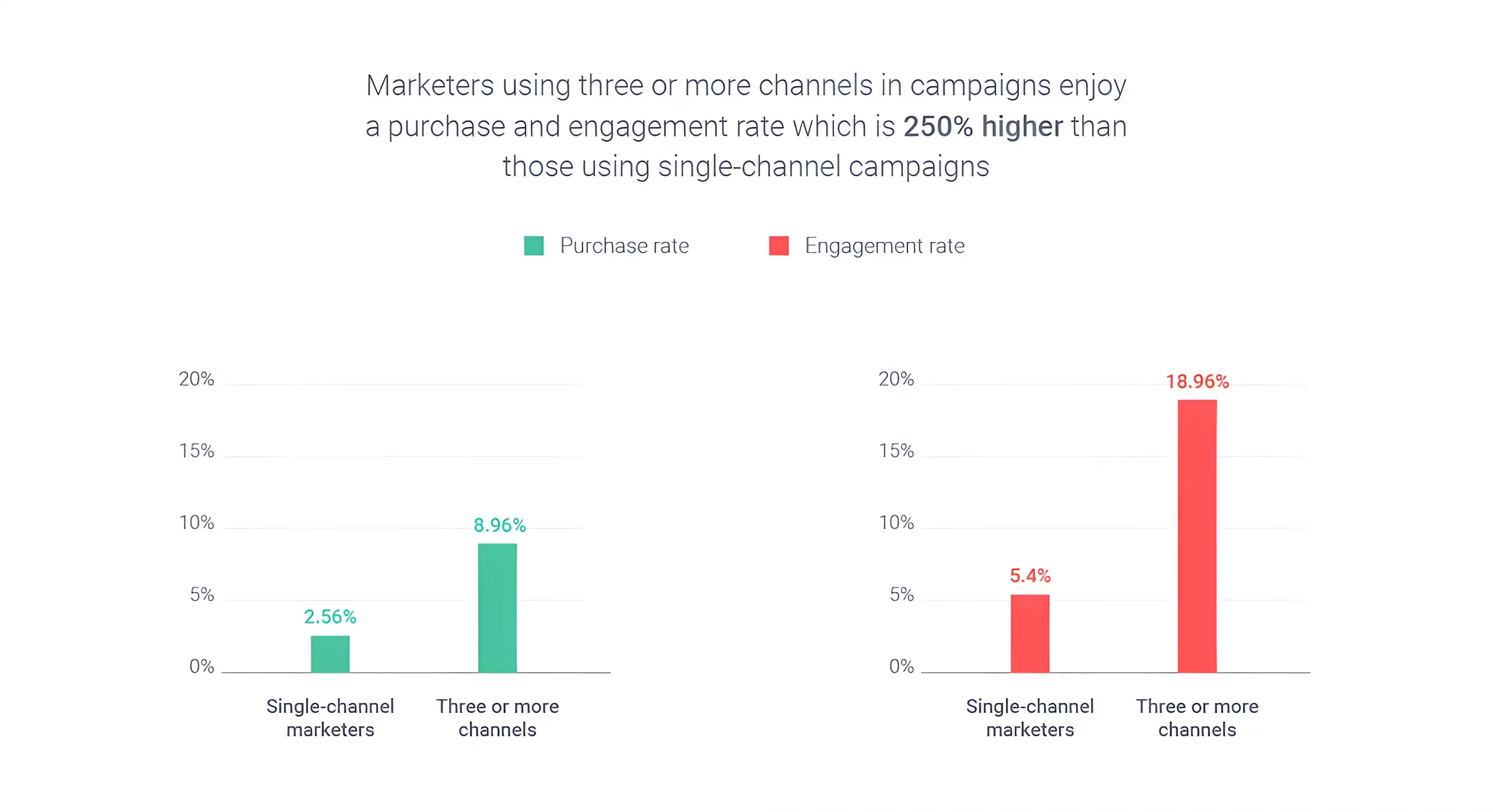
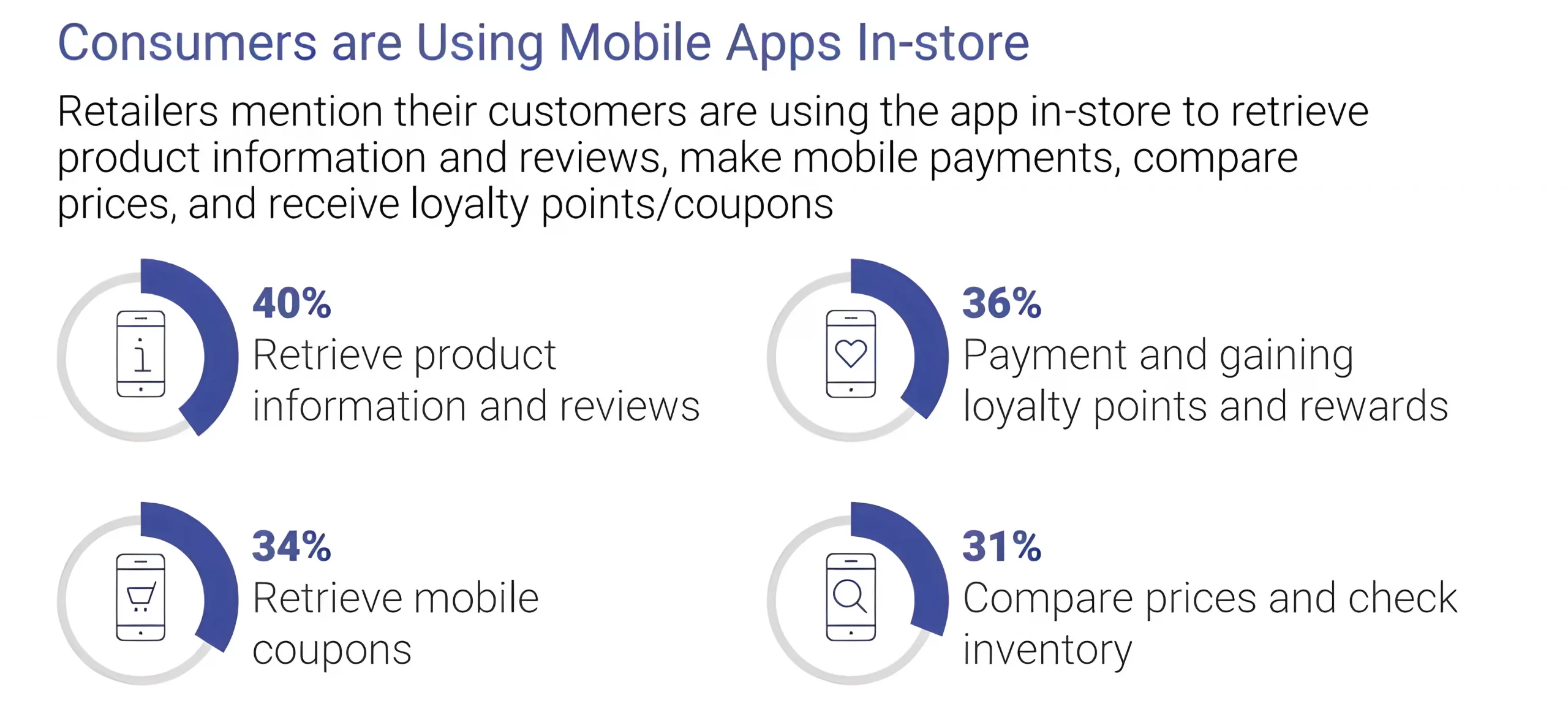
(Source)
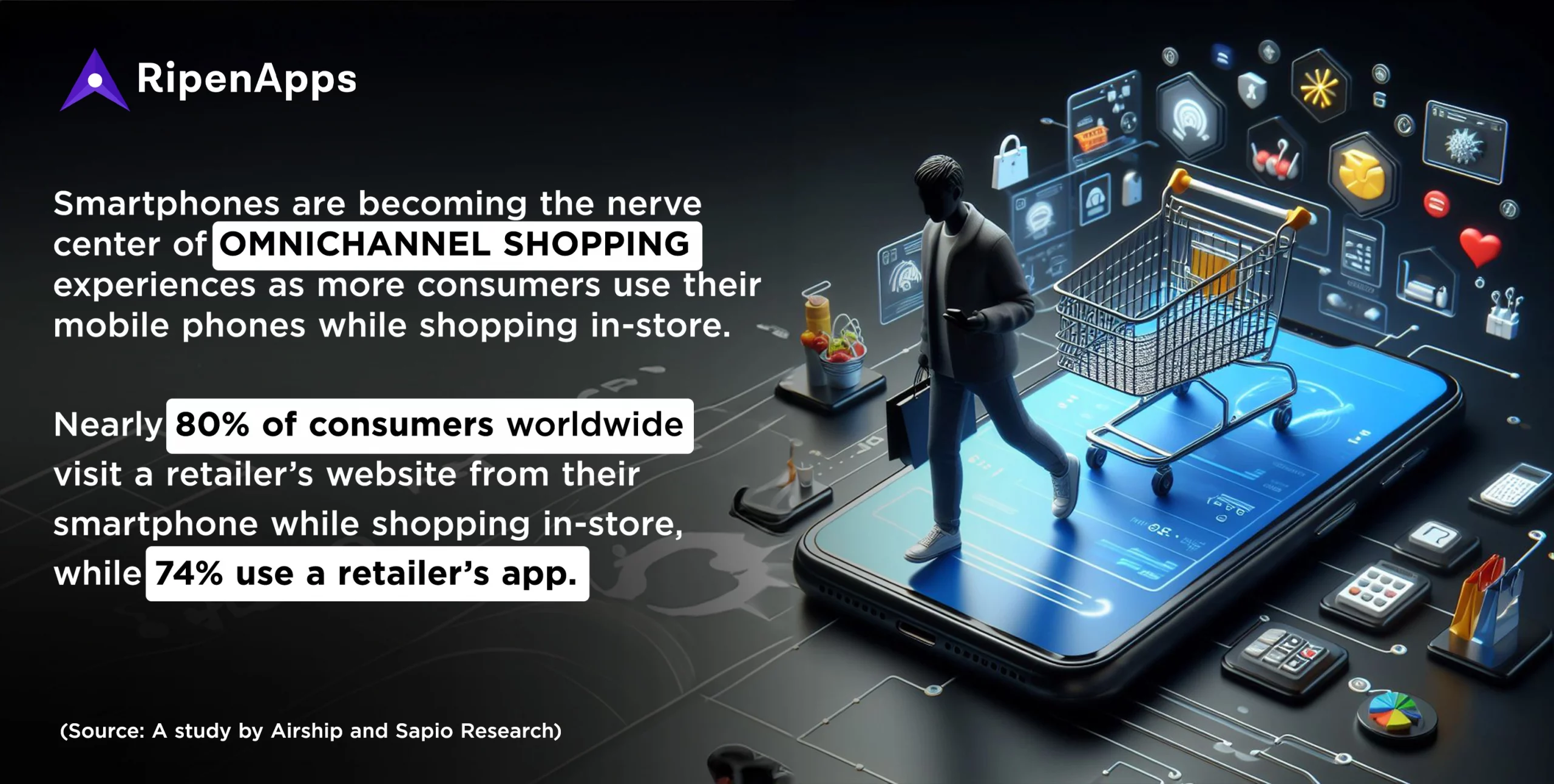
So the question arises as to why ultimately ecommerce businesses are embracing omnichannel marketing strategy omnichannel approach in their strategy. It is due to the
Benefits of Omnichannel Commerce
- Meeting Customer Expectations
- Enhancing Customer Experience
- Driving Sales Growth
- Staying Competitive
- Adapting to Changing Consumer Behavior
- Data-Driven Insights and Personalization
Role of Omnichannel Commerce in eCommerce Apps
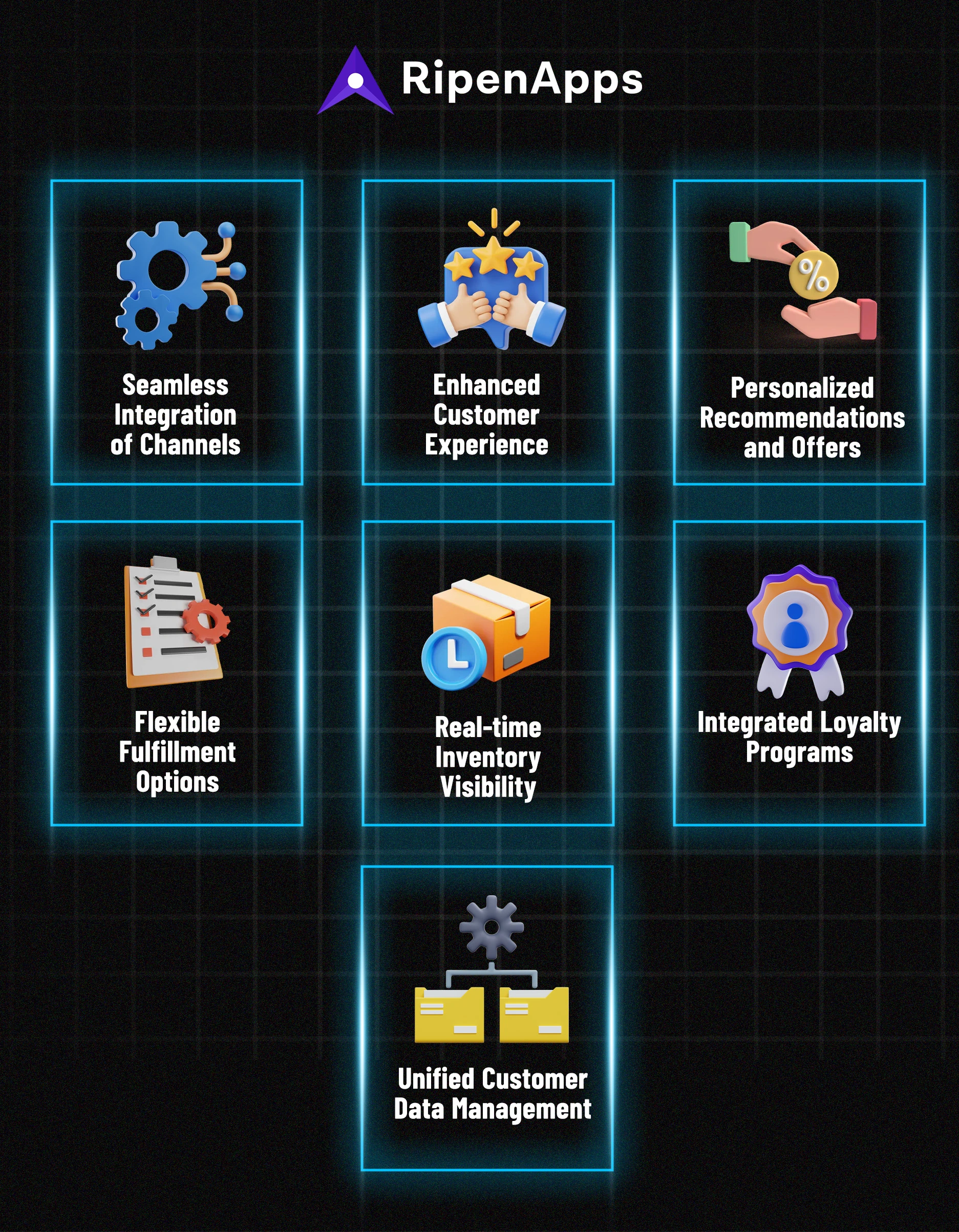
In the current mobile-first world, consumers mostly prefer using mobile apps for online shopping and other purchase-related activities. Mobile apps provide customers with great convenience and allow them to quickly search, buy, and check out from anywhere. Since it aims to integrate all the channels through a digital medium. So here, mobile commerce solutions stand out as the best tool to leverage omnichannel marketing strategy.
As e-commerce omnichannel makes every customer touch point interactive, ecommerce mobile apps make customer interaction more engaging and personalized across all channels. Leading mobile app development company in USA also suggests growing implementation of the omnichannel approach in ecommerce app development services. Here is how omnichannel commerce works in ecommerce apps:
Seamless Integration of Channels
Ecommerce apps with omnichannel capabilities seamlessly integrate various sales channels, including the app itself, website, social media platforms, marketplaces, and physical stores. This integration allows customers to transition between channels effortlessly. As a result, it provides a consistent and cohesive shopping experience regardless of the channel they use.
Enhanced Customer Experience
Omnichannel commerce in ecommerce apps prioritizes customer experience by offering convenience, personalization, and consistency across all touchpoints. Customers can browse products, make purchases, track orders, and access customer support through the app, website, or other channels. Hence, it helps in ensuring a smooth and satisfying shopping journey.
Personalized Recommendations and Offers
Omnichannel ecommerce platforms or apps leverage omnichannel data to deliver personalized product recommendations and promotions. Apps offer personalized options to individual customer preferences and behavior. By analyzing data from multiple channels, such as browsing history, purchase history, and interactions, apps provide relevant and timely recommendations. So, it aids in increasing customer engagement and driving omnichannel sales.
Flexible Fulfillment Options
Mobile apps for omnichannel commerce offer flexible fulfillment options to accommodate customer preferences and needs. Customers can choose from various delivery methods. For instance home delivery, in-store pickup, curbside pickup, and same-day delivery, depending on their convenience and urgency. This flexibility enhances customer satisfaction and loyalty while optimizing inventory management and logistics.
Real-time Inventory Visibility
When omnichannel commerce in eCommerce app development is implemented it enables owners to get real-time inventory visibility across all channels including physical stores and warehouses. Business owners and employees can check product availability, reserve items, and view store inventory levels directly within the app. In this way, apps even help in reducing the risk of out-of-stock situations and improving the overall shopping experience.
Read More : How E-Commerce App Development Benefitting Online Businesses
Integrated Loyalty Programs
Omni channel ecommerce platforms or apps often integrate loyalty and rewards programs as part of their omnichannel strategy. Customers can earn points, discounts, or other incentives for purchases made through the app or other channels.
Unified Customer Data Management
Omnichannel business facilitates the collection, integration, and management of customer data from multiple channels within a single platform. This unified approach allows apps to gain insights into customer behavior, and preferences across all touchpoints. In addition to this, apps also allow to leverage ecommerce trends in omnichannel commerce to take a competitive advantage Thus, this data helps business owners in better decision-making and targeted marketing efforts.
How Omnichannel Commerce Strategy Empowers eCommerce Apps to Boost Sales?
In today’s competitive e-commerce landscape, a single, isolated app just isn’t enough. omnichannel marketing strategy e-commerce apps to go beyond basic functionality and become a powerful sales driver.
Latest market statistics also suggest the growing influence of the omnichannel approach in ecommerce apps and other platforms for driving better sales. So, let us see how omnichannel commerce strategy empowers e-commerce apps to boost sales.
1. Capturing Customers Across Entire Journey
Multiple Touchpoints: Customers don’t always follow a linear path to purchase. Omnichannel marketing strategy your app is present across various touchpoints – website, social media, email marketing, and even physical stores (if applicable). It allows you to capture customers’ attention at different stages of their research and consideration process. Imagine a customer researching a product on social media. Your app can be prominently displayed. And allow them to seamlessly switch to a more detailed product view or add it to their cart directly within the app.
Personalized Retargeting: Omnichannel data lets you track customer behavior across channels. You can use this data for targeted retargeting campaigns. For example, a customer who browses a specific category on your website can be shown relevant product recommendations within the app. Through push notifications, your app can remind them of their interest and potentially motivate them towards a purchase.
2. Increased Conversion Rates
Seamless Transitions: Omnichannel marketing strategy removes remove friction points during checkout. Features like single sign-on lets users move between your app and website without needing to re-login. Unified shopping carts ensure customers can add items on one channel and complete the purchase through another. It results in maximizing convenience and reducing cart abandonment.
Click-and-Collect: This popular feature enables customers to buy online and pick up their purchases at a physical store. It caters to customers who prefer the convenience of online shopping but also want their items right away. So, the ecommerce app becomes a crucial tool for boosting sales by catering to diverse customer preferences.
3. Encouraging Higher Order Value
Omnichannel commerce data reveals customer preferences across all channels. It empowers the eCommerce app to leverage diverse data to recommend complementary products or suggest upgrades during the browsing or checkout process. For instance, a customer looking at a dress might see recommendations for shoes or accessories that go well with it.
4. Building Customer Trust and Loyalty
Consistent Brand Experience: Omnichannel strategies ensure a consistent brand message and creating a visual identity across all channels. It helps you build trust with customers and reinforces your brand image. Here, the app becomes an extension of this cohesive experience and contributes to fostering a sense of familiarity and comfort for users.
Personalized Communication: The growth of ecommerce sales highly depends on personalized marketing. So, for this purpose, eCommerce app collects useful data that help in targeted promotions and loyalty programs within the app. Customers receive offers and recommendations tailored to their interests. And thus, it makes them feel valued, which ultimately increases the likelihood of repeat purchases.
5. Enhanced Customer Experience
Convenience: Omni channel ecommerce platform with omnichannel capabilities provide customers the convenience of shopping anytime, anywhere, and on any device. With a seamless experience across multiple channels, customers can browse products, make purchases, and access support with ease. Thus, it leads to higher conversion rates and increased sales.
Cross-channel Communication: Ecommerce mobile apps leverage omnichannel capabilities to offer seamless communication and interaction between channels. For example, customers can start browsing products on the app and complete their purchase on the website, or vice versa. Hence, by removing barriers between channels, apps can streamline the shopping journey and drive higher conversion rates.
Top Examples of eCommerce Apps that Adopted Omnichannel Marketing Strategy
There are many leading ecommerce brands that witnessed impressive sales growth after implementing omnichannel commerce strategy in their ecommerce apps.
Amazon App
A pioneer in the field, Amazon seamlessly integrated its online store with its mobile app, physical stores (Amazon Go, Amazon Books), and voice assistant (Alexa). Now, customers can browse products online, add them to their cart on the app, and choose in-store pickup or home delivery. With such personalized recommendations and loyalty programs, Amazon creates a cohesive and convenient shopping experience across channels.
Sephora App
This beauty retailer excels at omnichannel marketing in its ecommerce app. It allows customers to browse products online, and virtually try on makeup with the app’s AR/VR features. Then head to a physical store for personalized consultations or makeup classes. Sephora uses its app to run loyalty program and reward customers across all channels, further strengthening its omnichannel approach.
Nike App
Nike is one of the top omnichannel e-commerce examples The sportswear giant utilizes omnichannel selling approach in its app for consistent brand experience. Their mobile app allows users to reserve items online for in-store pickup, scan barcodes for product information, and access exclusive offers. Nike also leverages social media effectively. They create a strong online community and drive traffic to both their app and physical stores.
Final Thoughts
Omnichannel commerce is a smart and effective strategy for online businesses. This approach empowers ecommerce business owners to efficiently and innovatively utilize the power of mobile apps for better sales. As smartphone penetration and mobile app usage continue to increase, the future of omnichannel commerce lies with ecommerce apps.
However, it requires great planning and expertise to successfully implement omnichannel commerce strategy in ecommerce apps. So, it is advisable to consult an experienced custom application development company that specializes in building eCommerce apps with omnichannel commerce capabilities.
How RipenApps Can Help You Build An Ecommerce App To Leverage Omnichannel Commerce Benefits?
RipenApps is a top-notch mobile application development company that is widely reputed for providing industry-ready ecommerce app development services. We have qualified developers and market specialists who together work to develop state-of-the-art e-commerce app solutions. Our team can assist you build an ecommerce app that enables you to take advantage of omnichannel capabilities efficiently.
FAQs
Q1: How does omnichannel increase sales?
Omnichannel increases sales by providing a seamless and integrated shopping experience across multiple channels (online, in-store, mobile app, social media). This consistent experience boosts customer satisfaction, encourages repeat purchases, and attracts new customers through various touchpoints, which ultimately drives higher sales.
Q2: Does omnichannel increase revenue?
Yes, omnichannel increases revenue by enhancing customer engagement and loyalty. It allows e-commerce businesses to reach customers through their preferred channels, which further leads to higher conversion rates, increased average order value, and more frequent purchases.
Q3: What are the benefits of omnichannel e-commerce?
There are many benefits of omnichannel e-commerce that include:
- Improved Customer Experience
- Increased Customer Loyalty
- Higher Sales and Revenue
- Better Data Insights
- Enhanced Brand Presence


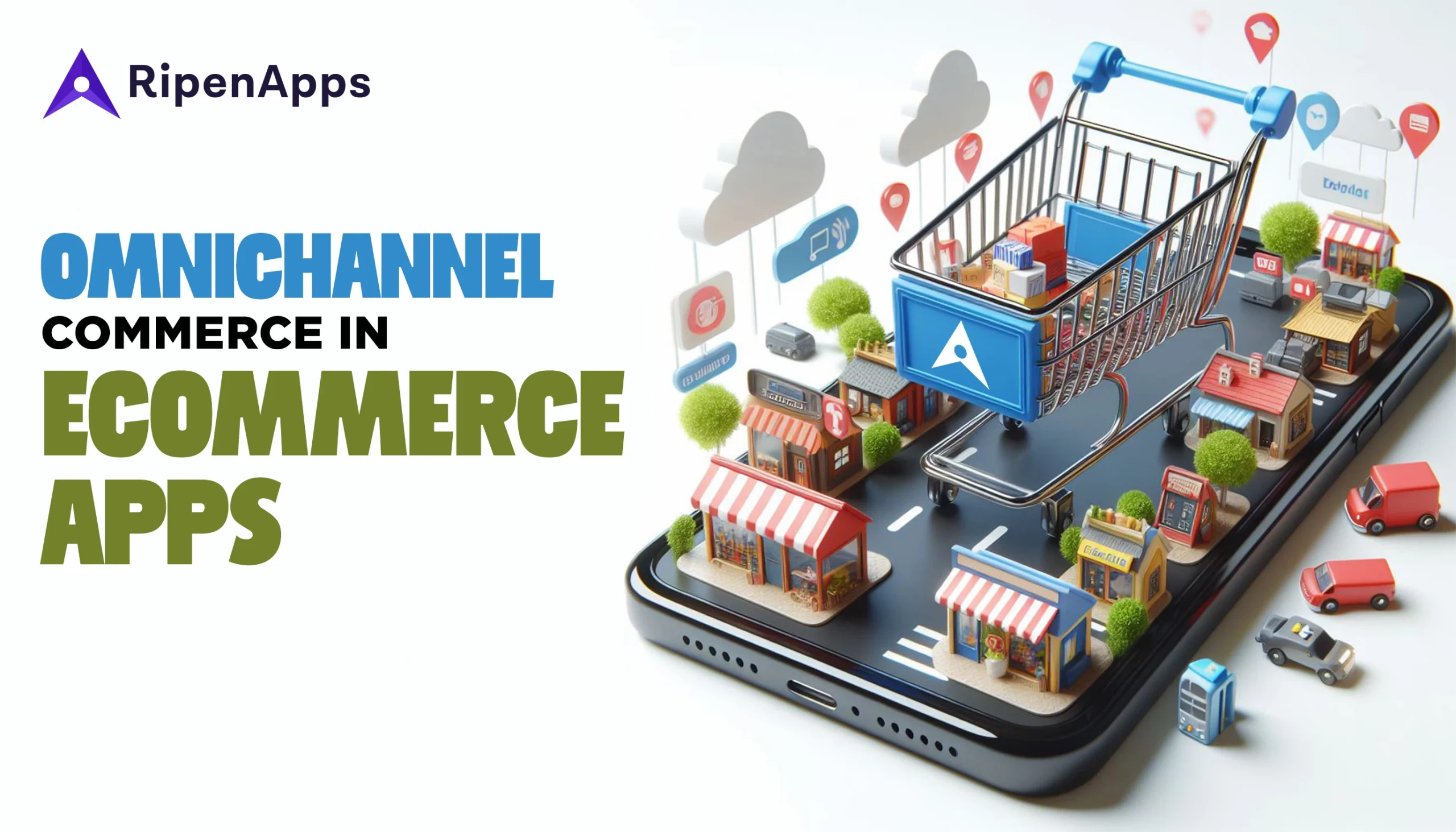





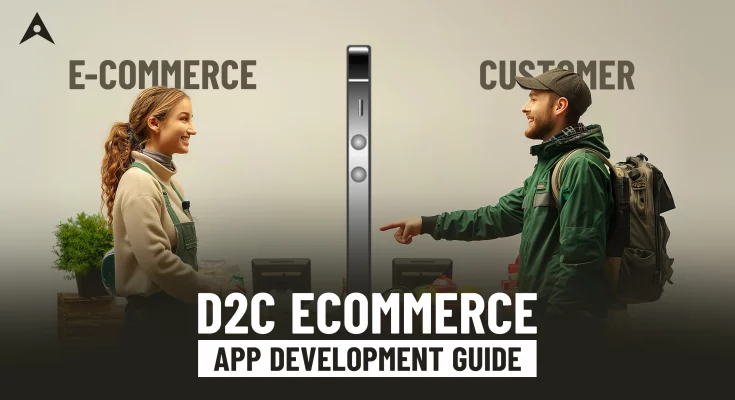

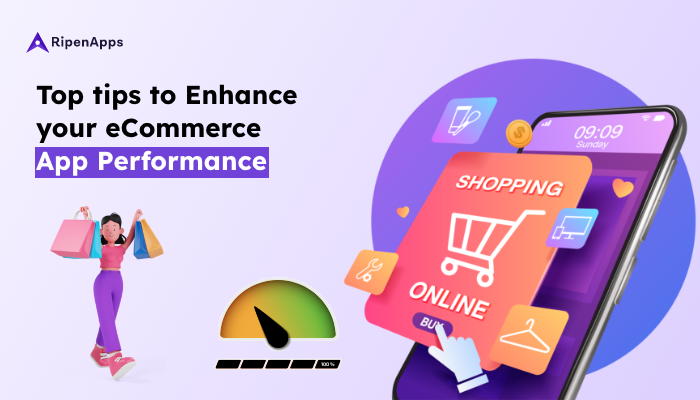

 India
India USA
USA Australia
Australia Canada
Canada UK
UK UAE
UAE
